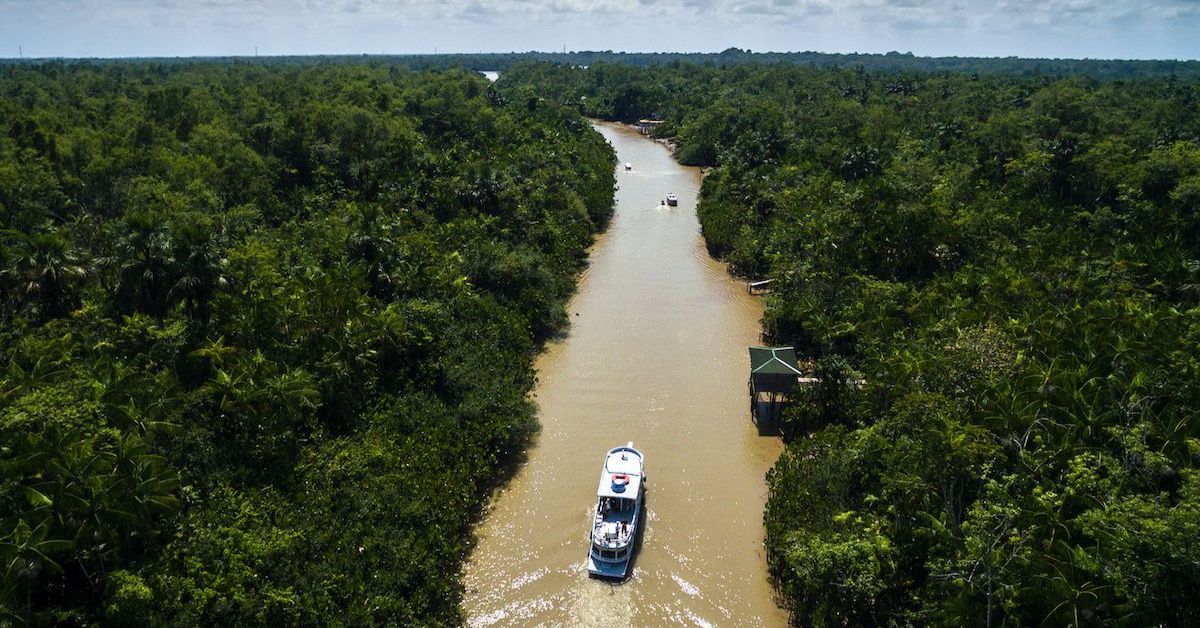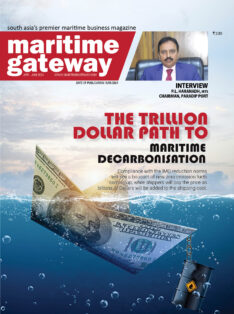The Amazon river in the Brazilian rainforest is at its lowest level in over a century due to a severe drought.
Danish shipping major Maersk said that the depleted levels of the Amazon river at its critical passage points renders maritime operations unfeasible at the Brazilian port of Manaus.
Its feeder service provider Aliança has declared force majeure, and cargoes on board Manaus-bound vessels will be discharged in alternative ports.
French shipping company CMA CGM recently informed customers that it would levy a revised low-water surcharge on all cargo from or to Manaus.
For US territories, Panama, Brazil, Ecuador, Uruguay, Paraguay, Venezuela and Argentina, the levy will be $750 per twenty foot equivalent unit (TEU) until October 24; $1,100 per TEU from October 25 to November 19; and $2,100 per TEU from November 20.
Cecilia Larsen, Customer Communication Manager, Maersk, stated on the company’s website that flooding and drought have always been a natural part of the environmental cycle, but, in recent years, rivers have started to show signs of longer “low-water” periods.
For instance, the Panama Canal has an annual drought season lasting from January to May. To counter this and keep the canal navigable, water is usually drawn from the Alajuela and Gatun lakes.
However, climate change, including shifting rain patterns, have resulted in extended periods of extremely low water levels in the canal.
In 2022, the Rhine experienced a similar situation, with dry weather in June hindering the sailing of fully loaded vessels until heavy rains in July restored normalcy.
This June, too, the Rhine river faced a similar plight, with the summer bringing drought and low water levels again.
Though heavy rain in July brought the water levels back up, the river remained too shallow in the north to transport cargo through traditionally sized vessels.
Likewise, the falling levels of the Mississippi river in the summer of 2022 impacted transport along the river, Larsen said.
Climate change can prove costly for global shipping, experts warn, as they call on nations to act fast to arrest the slide.








